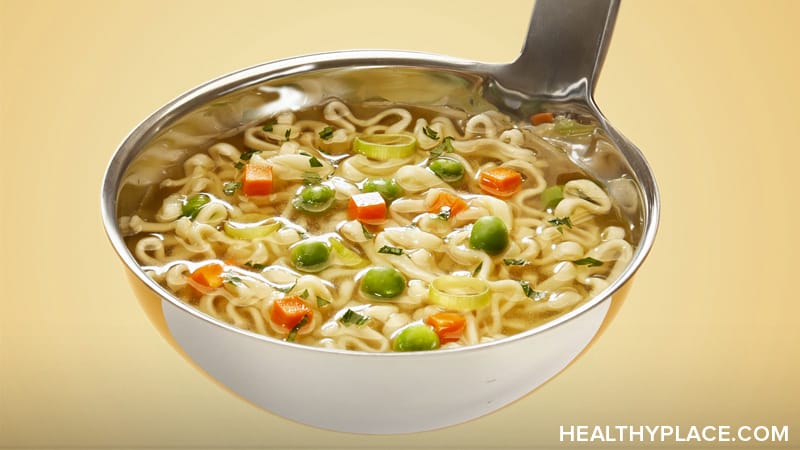Food for ADHD: Which Foods Help and Hurt Your ADHD Child?

Food for ADHD. For your child with ADHD, what he or she eats can make a big difference in ADHD symptom management.
Food, for ADHD children, can greatly impact their mental, physical and behavioral health. Of course, diet and nutrition are central to any person’s overall health and well-being. Yet for a child with inattention and/or hyperactivity, a diet that consists of specific food for ADHD symptom management can have a significant impact (Best Diet for Your ADHD Child). In order to do this, you must be aware of which foods are helpful, and which foods are not, in terms of your child’s ADHD.
Healthy Food for ADHD
Although there are not any foods found to actually cure (or cause) ADHD, there are certain choices, when it comes to food for ADHD children, that can be much more beneficial than others.
- Healthy carbs – carbohydrates provide energy to the body, brain, and nervous system. But many of us choose unhealthy carbs that lack fiber, vitamins, and minerals. Some healthy carbohydrate options are walnuts, whole-wheat pasta and bread, lentils, and brown rice.
- Organic fruits and vegetables – although organic fruits and vegetables do not necessarily have more nutritional value than their non-organic counterparts, they are free from pesticides, which have been linked to increased ADHD symptoms. Buying organic can be expensive, so if you cannot afford to do so, wash the fruits and vegetables that you do buy very well.
- Healthy fats – we all need a certain amount of fat for our brain to function. Thus, choosing healthy fats is an essential part of using food for ADHD symptom management. Try using olive, coconut or safflower oil when cooking for your child. Also, incorporating avocado into recipes is an easy way to provide your child with a healthy fat.
- Protein – protein is a central aspect of healthy brain function. Protein promotes the production of neurotransmitters in the brain, which induce alertness and focus. Protein also helps maintain steady blood sugar levels. Depending on your child’s age, aim for somewhere between 24 to 30 grams of protein per day.
Foods to Avoid: Unhealthy Foods for ADHD Child
- Trans and hydrogenated fats – unhealthy for anyone, trans and hydrogenated fats are particularly unhelpful in terms of food for ADHD children. This is because hydrogenated oils and fats interfere with nerve functioning in the brain. Surprisingly, many food items that say “zero trans fat” still contain it. Manufacturers are able to label foods as such, as long as they have less than .5 grams of trans/hydrogenated fats. Be sure to check the ingredients to be certain about what you are purchasing.
- Saturated fats – the western diet is full of saturated fats (which are found in many meats, dairy, and poultry). Choosing unprocessed, lean meats and poultry, and low-fat dairy products is a good way to monitor your child’s saturated fat consumption.
- Artificial additives – these come in the form of artificial colorants, dyes, sweeteners, and preservatives. These chemicals can cause hyperactivity in children who are not diagnosed with ADHD, so it is not surprising they are considered unhelpful in terms of children with ADHD (Food Dyes and ADHD: Do Food Dyes Cause Hyperactivity?).
- Sugar – it may be impossible to eliminate all sugar from your child’s diet, but monitoring his or her sugar intake is important (ADHD and Sugar: How Sugar Affects Your ADHD Child’s Behavior). Limit sugary sodas, juices, and desserts and encourage healthier choices by having other accessible options.
APA Reference
Jarrold, J.
(2021, December 20). Food for ADHD: Which Foods Help and Hurt Your ADHD Child?, HealthyPlace. Retrieved
on 2026, March 5 from https://www.healthyplace.com/adhd/food-and-adhd/food-for-adhd-which-foods-help-and-hurt-your-adhd-child



